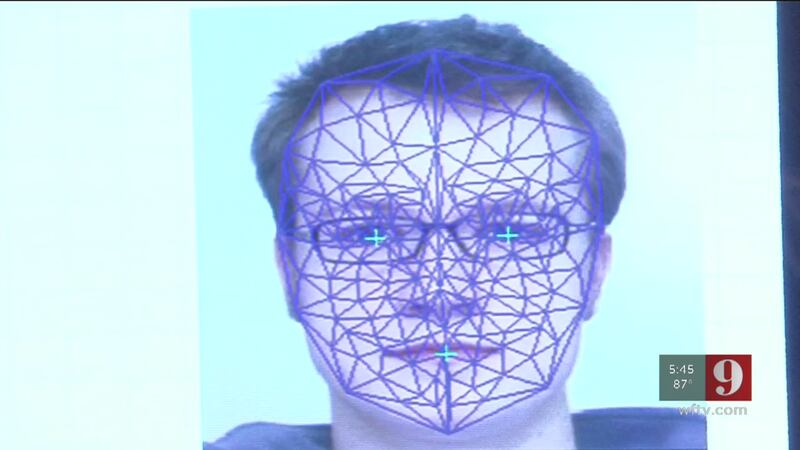You may not even know it, but chances are your photo is being used hundreds of times a day as law enforcement agencies across Florida search for a match.
Facial recognition is not new technology, but as it's improved over the years, law enforcement says it has become a powerful tool in helping identify people and combating crime.
Whether you're captured on surveillance video at every turn or posting selfies on social media, your picture is likely out there and you are identifiable
"Facebook uses facial recognition, Google photos uses facial recognition,” said Jake Ruberto, a Faces administer at the Pinellas County Sheriff’s Office.
Ruberto would know; he's an expert on facial recognition and an administer of Faces, the largest facial recognition database in Florida.
It was put together by the Pinellas County Sheriff's Office in 2001.
The database started small and initially only used Pinellas County Jail inmate mugshots.
Sixteen years later, it has expanded to 40 agencies’ contributing mugshots and scans against the state's drivers’ license database.
If you have a driver's license, you're in the database.
"Thirty-five million images we can search in a matter of seconds,” Ruberto said.
He calls it a powerful law enforcement tool that helps solve everything from cold cases where the only evidence is a photo, to detecting someone with a fraudulent ID.
It can also help identify a dead body.
Deputies send in photos taken with digital cameras or surveillance photos and it gets run in the system.
The Faces program instantly produces the 30 closest matches.
A recent Georgetown University study shows nearly half of all Americans are in a database like Faces.
The study shows the FBI has access to more than 117 million photos, including the 34 million-plus in the Pinellas County system.
Some feel the system is an invasion of privacy.
"I think law enforcement should be required to get a warrant to access any kind of driver's license or civil photos,” said attorney Jennifer Lynch.
Lynch is with the Electronic Frontier Foundation, a group that fights for privacy and civil liberties in new technologies.
She's testified before Congress on the issue and believes there are accuracy and privacy concerns, especially when it comes to the driver's license photos of people with no criminal record who could become suspects.
"We shouldn't be forced to be subject to criminal investigations merely because we want to drive a car," Lynch said.
But Ruberto contends the system is a tool that can give investigators a lead. He said the photos aren’t used as evidence and investigators compare the photos themselves.
Cox Media Group








